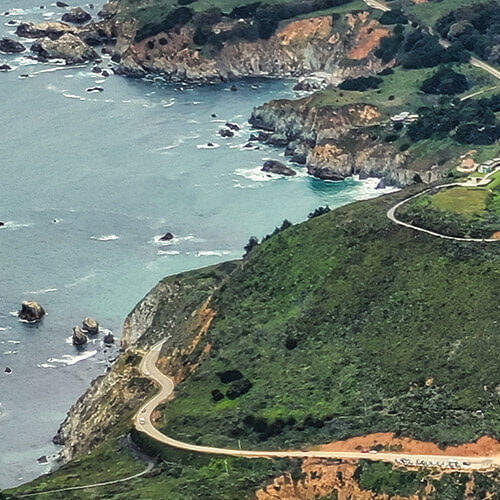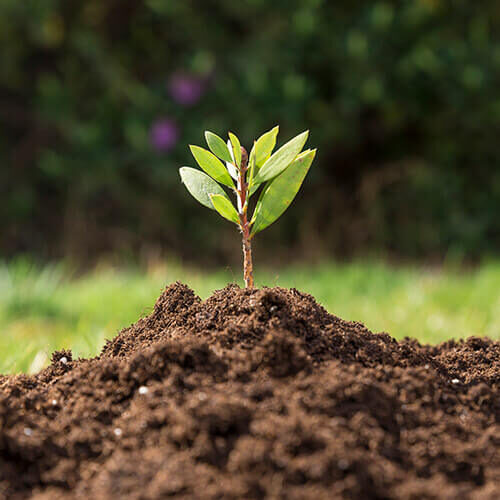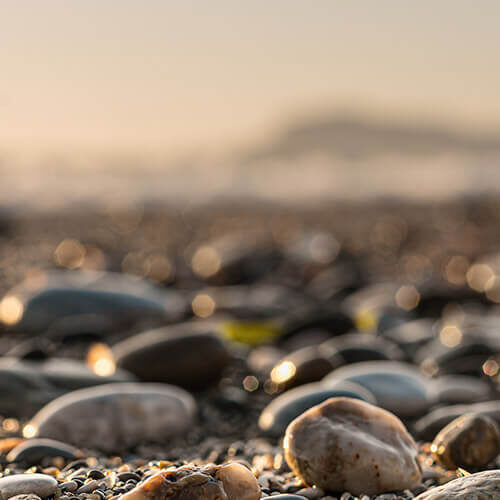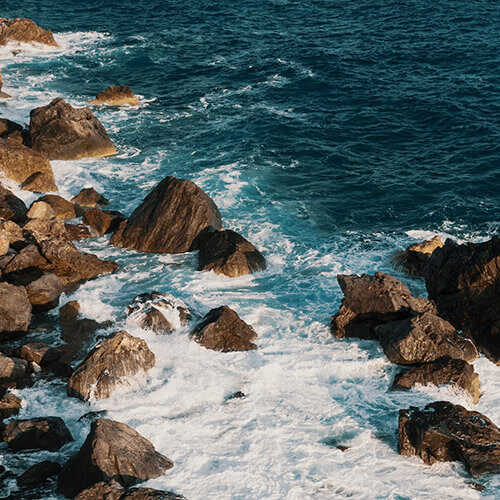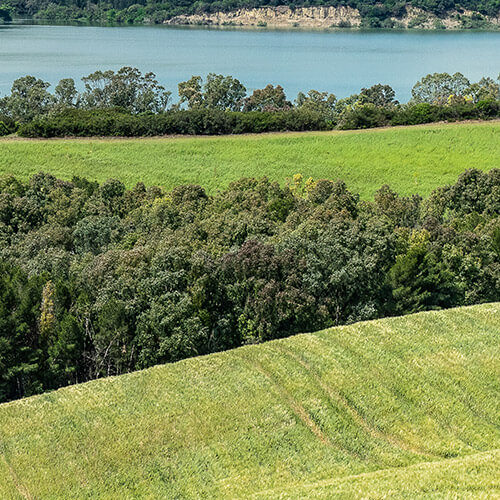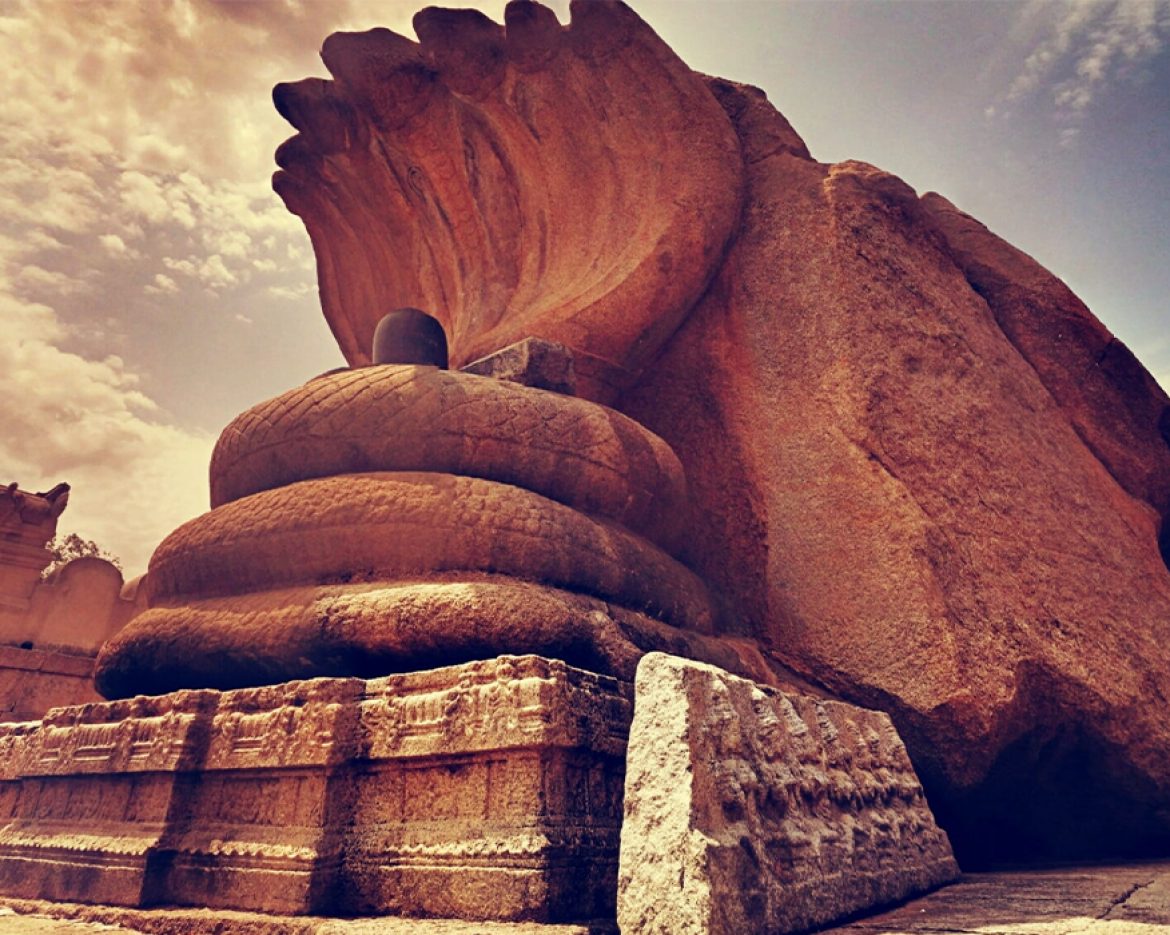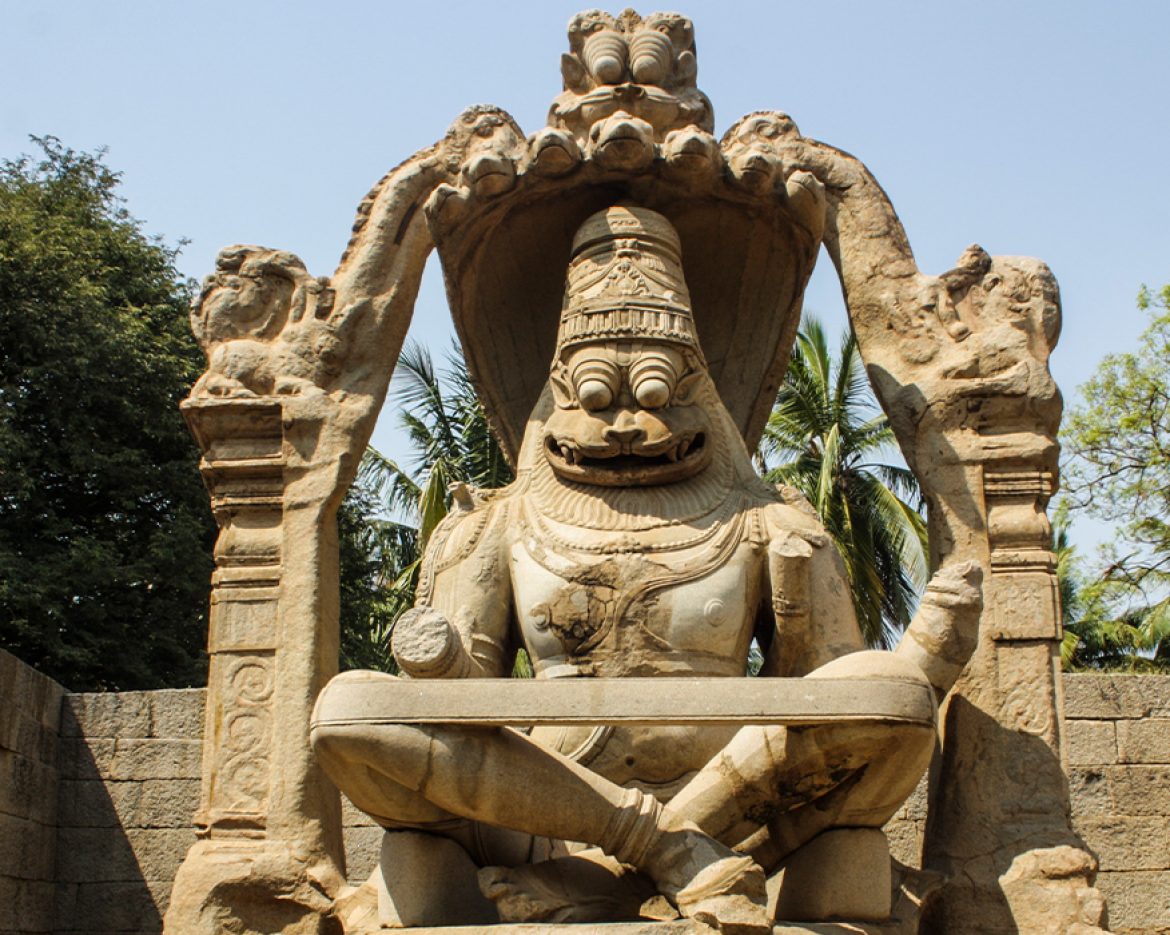





That Protects Us


Only when Each and Every Individual takes a Step Towards Saving the Environment, the True Wellbeing of Humans will Start. Taking Care of Environment is not an Obligation- Our Environment is Our Life.

Air Pollution Kills an estimated 7 Million People every Year!

Air Pollution cuts India’s average Life Expectancy by 5 Years

Air pollution- One of the Greatest Environmental Risk to Health.
Continuous exposure to PM2.5 pollutants is likely to affect the life expectancy of an individual. The AQLI report finds in the last two decades PM2.5 emissions have increased by about 69% across India. The report also that found global average life expectancy comes down by 2.2 years due to air pollution. It affects more people than any other pollutant. PM2.5 can penetrate the lung barrier and enter the blood system which contributes to the risk of developing cardiovascular, respiratory diseases, and lung cancer. There are serious risks to health not only from exposure to PM, but also from exposure to ozone , nitrogen dioxide and sulfur dioxide. Ozone is a major factor in asthma morbidity and mortality, while nitrogen dioxide and sulfur dioxide also can play a role in asthma, bronchial symptoms, lung inflammation and reduced lung function.
Can reducing pollution improve life expectancy?
The WHO prescribes safe limits of 5 microgram per cubic meter if this is met we will see a positive increase in life expectancy.
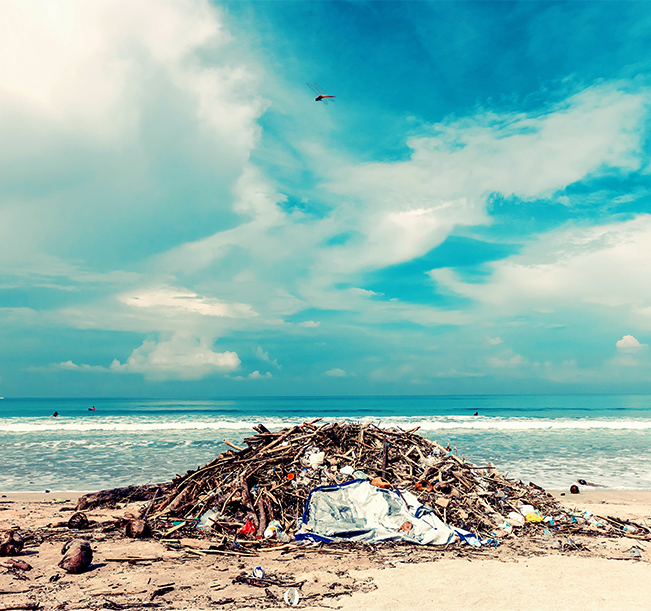
A Staggering 8-12 Million Tons of Plastic is being Flushed into the Oceans Every Year
It's time to Clean Our Oceans!
From big pieces of garbage to invisible chemicals, a wide range of pollutants ends up in our planet's lakes, rivers, streams, groundwater, and eventually the oceans. Safeguarding water supplies is important because even though nearly 70% of the world is covered by water, only 2.5% of it is fresh. And just 1% of freshwater is easily accessible, with much of it trapped in remote glaciers and snowfields.
Once water is contaminated, it is difficult, costly, and often impossible to remove the pollutants. Still today, 80% of global wastewater goes untreated, containing everything from human waste to highly toxic industrial discharges. The nature and amount of pollutants in freshwater determines the suitability of water for many human uses such as drinking, bathing, and agriculture.
In addition, pollution of freshwater ecosystems can impact the habitat and quality of life of fish and other wildlife. Plastic pollution, and emerging pollutants such as pharmaceuticals, also increasingly put our world’s waterways at risk
Thriving & Living Soil is Vital to Life.
WHY SAVE SOIL?
Increasing Organic Content
SAVE SOIL MOVEMENT
Let's Make Mother Earth Greener!
Plant a Tree, Plant a Life is a forever ongoing special program which will be integrated with each and every program of Trikailash Foundation. We believe that there’s no need for a special occasion to plant trees. Planting trees should be an everyday practice.

2400 Trees are being cut Each Minute
Plant Trees

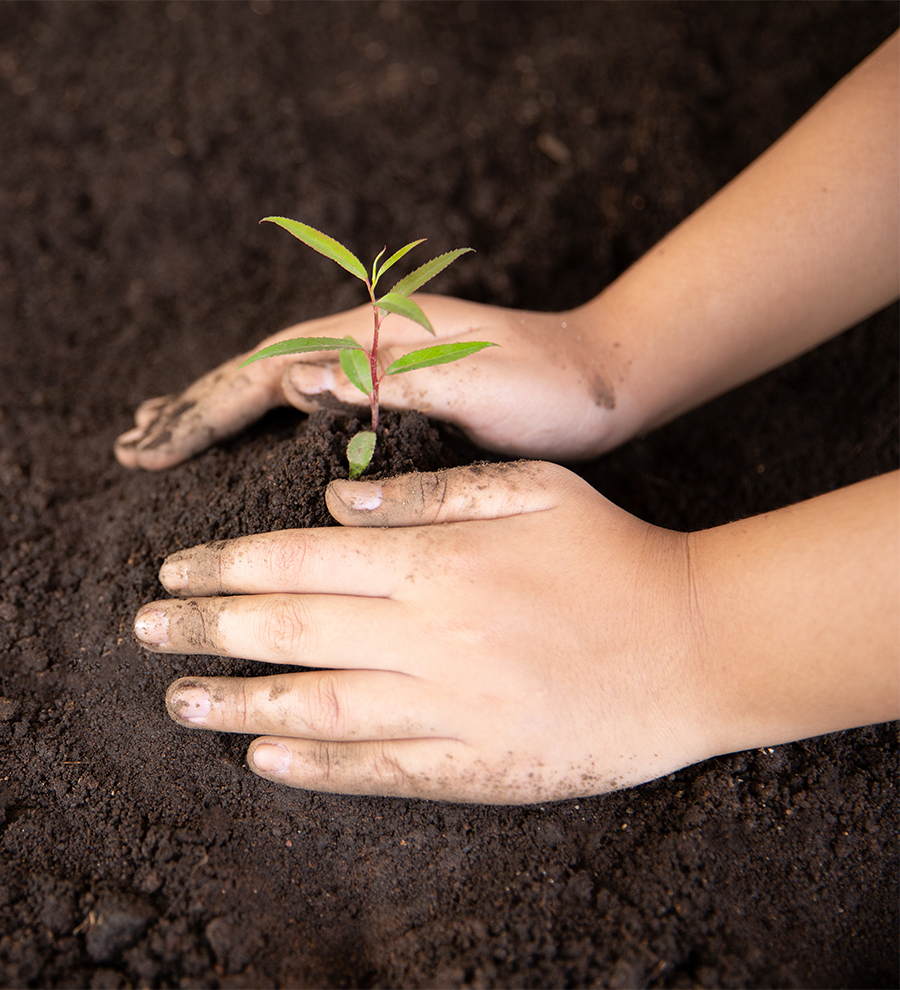

Nearly 16 billion Trees are Lost Every Year
Save Trees
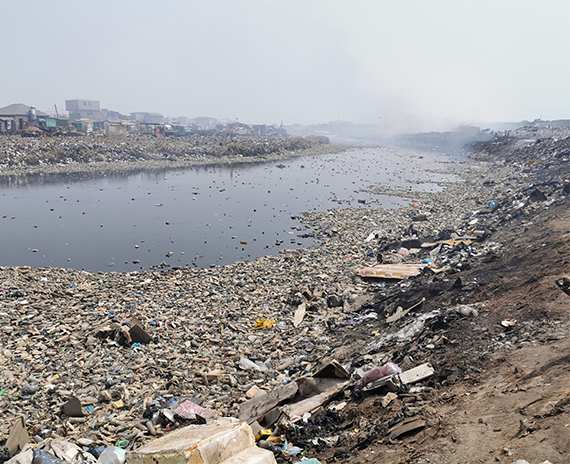
It is time to Change how we Produce, Consume and Dispose the Plastic we Use.
Today, we produce about 400 million tonnes of plastic waste every year. Approximately 36% of all plastics produced are used in packaging, including single-use plastic products for food and beverage containers, approximately 85% of which ends up in landfills or as unregulated waste.
These single-use plastic products are everywhere. For many of us, they have become an integral part of our daily lives. Rivers and lakes carry plastic waste from deep inland to the sea, making them major contributors to ocean pollution. At least 14 million tons of plastic end up in the ocean every year, and plastic makes up 80% of all marine debris found from surface waters to deep-sea sediments. Marine mammals, of course, don’t understand the Dangers Plastics pose to them. This Problem was created by Humans, and only Humans can fix it.

